European Fellowship Forum, March 2023

Like the others, this European Fellowship Forum was off to a slow start, and picked up as the day progressed.
Among the topics discussed: Marriage and adultery in the modern world; Questions from Job chapters 40 & 41 on the use of the term leviathan; the term "orthodoxy" (see ὄρθος, δόξα, ὀρθόδοξος), the meaning of the term and how the modern orthodox are really what we had termed loxidox (see λοξός, λοξίας), or skeliodox (see σκολιός); handling the accusations of being "racist" from family and friends, and why such accusations are even an issue; a discussion of Biblical verse and chapter divisions; the issue of race in the first century Christian work called The Shepherd of Hermas; the eternal spirit instilled in the Adamic man and the Holy Spirit of Yahweh God; examples of the importance of studying ancient manuscripts and other witnesses, such as the Dead Sea Scrolls; the Old Testament is Christian and Judaism is in the Talmud; Justin Martyr's accusation of Jews removing passages from Scripture; passages missing in the Masoretic Text but found in other sources; the promises of Adamic resurrection; loyalty to State or to some system rather than loyalty to God a phenomenon of ancient and modern times, in Judaea and in the nations of today; the opinion that centuries are necessary to breed a race or nation out of existence. Prospects of Christian Identity fellowship within local communities; consumerism in Germany compared to America; the context of the statement "His blood be on us and our children" found in the mouths of the Jews in Matthew chapter 27 (around 2:24:30); admonitions against fellowship with aliens or those who reject Christ, the necessity of having to deal with sinners; errors of older Christian Identity teachers which must be corrected before agreement among Identity Christians is possible, and more...

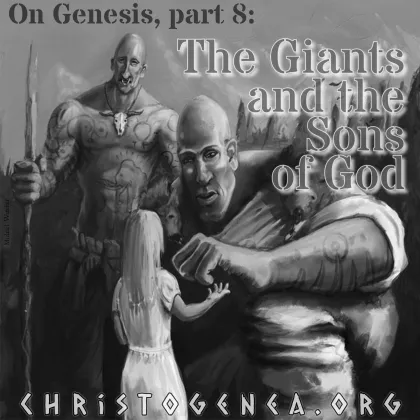
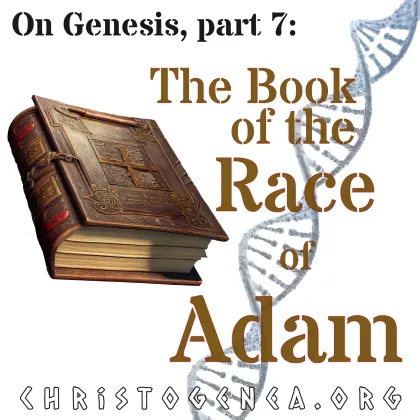
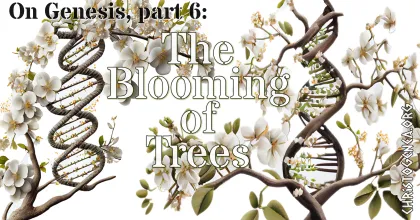
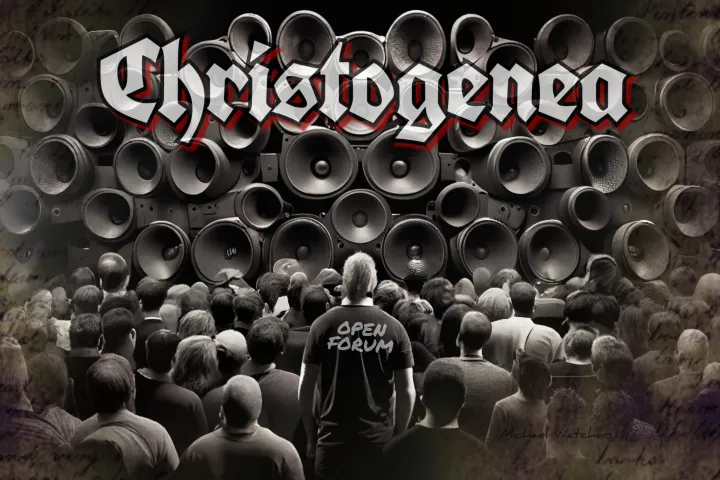
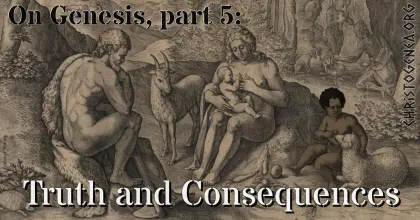
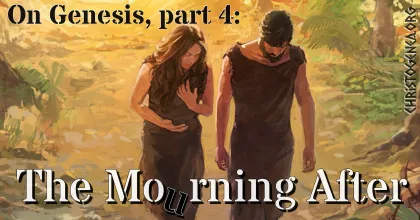
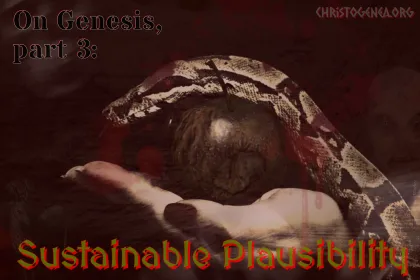
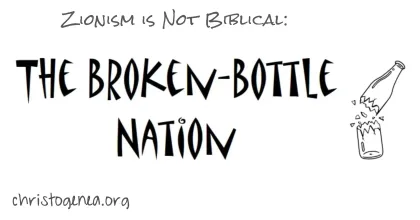
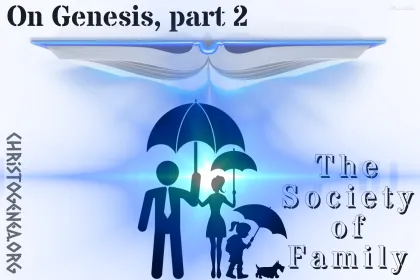
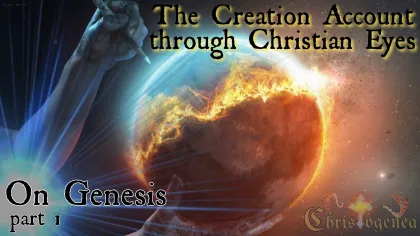

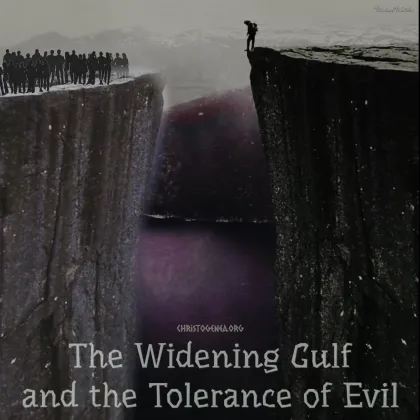
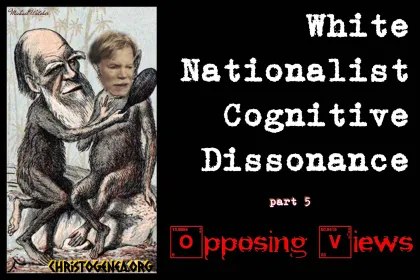

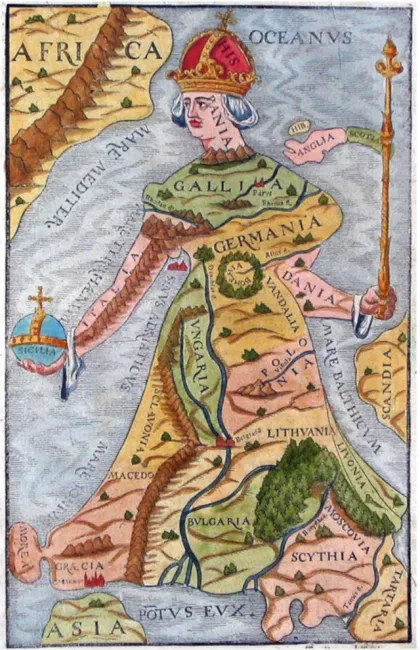
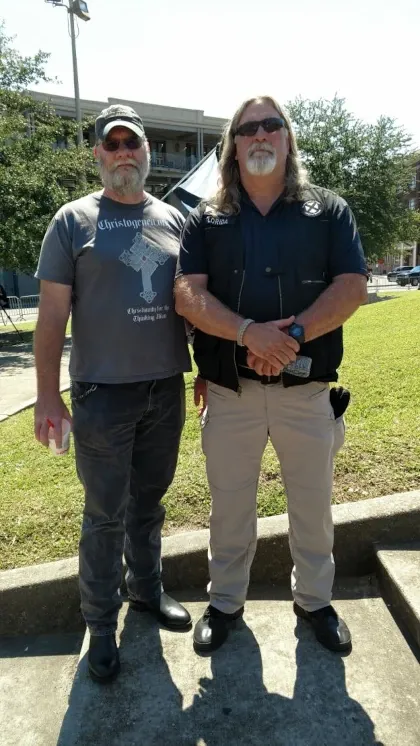







 Please click here for our mailing list sign-up page.
Please click here for our mailing list sign-up page.







